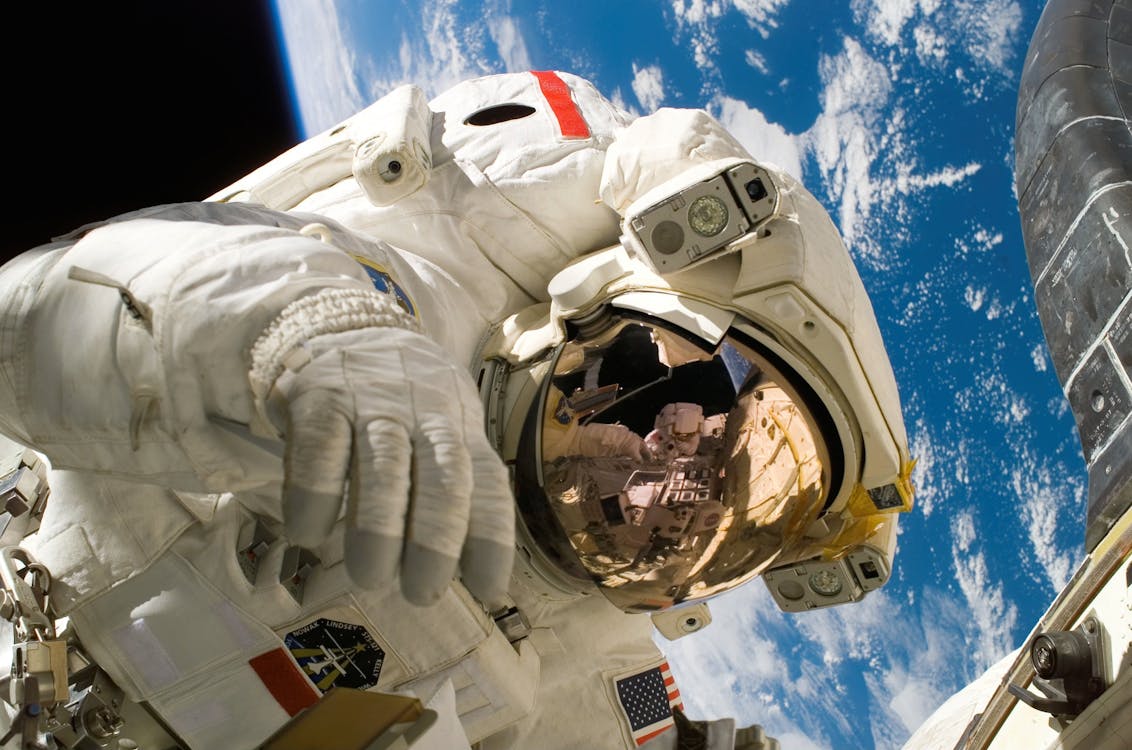The 21st century has witnessed a rapid and transformative evolution of science and technology. From breakthroughs in medicine and space exploration to innovations in renewable energy and artificial intelligence, this century has seen some of the most significant scientific discoveries and inventions in human history. In this article, we will explore the 10 greatest scientific discoveries and inventions of the 21st century, each of which has had a profound impact on our lives and the world around us.
CRISPR-Cas9 Gene Editing (2012)

Arguably one of the most groundbreaking discoveries of the 21st century, CRISPR-Cas9 is a revolutionary gene-editing tool that allows scientists to precisely modify DNA. This technology has opened the door to potential cures for genetic diseases, the creation of genetically modified organisms, and advancements in biotechnology. CRISPR-Cas9 has the potential to transform medicine and agriculture, but it also raises ethical questions about the extent of genetic manipulation.
Gravitational Waves Detection (2015)
In 2015, scientists made an astounding breakthrough when they successfully detected gravitational waves, ripples in spacetime caused by massive celestial events, such as the collision of black holes. This discovery confirmed a key prediction of Einstein’s theory of general relativity and ushered in a new era of astronomy. Gravitational wave detectors like LIGO and Virgo have since allowed us to observe the universe in a completely novel way, opening up new avenues for studying black holes, neutron stars, and the cosmos itself.
Human Genome Editing (2018)

Building upon the CRISPR-Cas9 technology, Chinese scientist He Jiankui made headlines in 2018 by claiming to have created the world’s first genetically edited babies. While this particular experiment was widely criticized and deemed ethically irresponsible, it showcased the potential to edit the human genome to prevent genetic diseases. This development raises important ethical and regulatory questions about the future of human genetic engineering.
Higgs Boson Discovery (2012)
The elusive Higgs boson, often referred to as the “God particle,” was confirmed to exist in 2012 at the Large Hadron Collider (LHC). This particle is crucial to our understanding of the fundamental building blocks of the universe and the origin of mass. Its discovery filled a significant gap in the Standard Model of particle physics and represented a monumental achievement for the field.
Commercial Space Travel (2004-present)

The 21st century has seen the emergence of commercial space travel, led by companies like SpaceX, Blue Origin, and Virgin Galactic. SpaceX, in particular, has made remarkable progress, launching reusable rockets and sending astronauts to the International Space Station. This innovation has the potential to make space more accessible to humanity, with implications for tourism, research, and even interplanetary colonization.
Renewable Energy Advancements (ongoing)
Advancements in renewable energy technologies, including solar and wind power, have made significant strides in the 21st century. Solar panels have become more efficient and affordable, while wind turbines have increased in size and output. These developments have accelerated the transition towards a more sustainable and environmentally friendly energy future, reducing our dependence on fossil fuels and mitigating climate change.
Artificial Intelligence and Deep Learning (ongoing)

The 21st century has witnessed tremendous progress in artificial intelligence (AI) and deep learning. Machine learning algorithms have been used for a wide range of applications, from natural language processing to self-driving cars. AI-powered systems are now an integral part of our daily lives, revolutionizing industries like healthcare, finance, and entertainment. However, ethical concerns and questions about AI’s long-term impact on society remain critical issues to address.
You might be interested in 10 Most Advanced Artificial Intelligence Robots in the World
Precision Medicine (ongoing)
Advancements in genomics, proteomics, and data analysis have ushered in the era of precision medicine. Tailored treatments and therapies that take an individual’s genetic makeup into account are becoming increasingly common. This approach promises more effective and personalized medical care, potentially revolutionizing how we treat diseases such as cancer and rare genetic disorders.
Quantum Computing (ongoing)

Quantum computing holds the promise of exponentially faster and more powerful computing capabilities. While practical, large-scale quantum computers are still in development, breakthroughs in quantum computing technologies have been made in the 21st century. These machines have the potential to solve complex problems in fields like cryptography, materials science, and optimization that are currently beyond the reach of classical computers.
Advanced Materials and Nanotechnology (ongoing)
The development of new materials and nanotechnology has opened up new frontiers in science and engineering. Materials like graphene and carbon nanotubes have remarkable properties, offering potential applications in electronics, medicine, and energy storage. Nanotechnology has also enabled precise manipulation at the atomic and molecular levels, leading to innovations in drug delivery, electronics, and materials science.
The 21st century has already been marked by a breathtaking array of scientific discoveries and inventions that have fundamentally reshaped our understanding of the world and our place in it. From gene editing and gravitational wave detection to renewable energy and quantum computing, these breakthroughs hold the promise of addressing some of the most pressing challenges of our time while also raising profound ethical and societal questions. As we continue to push the boundaries of scientific knowledge and technological innovation, the future holds even more exciting possibilities for the advancement of human civilization.
Sources: WatchMojo
Images: Pexels


